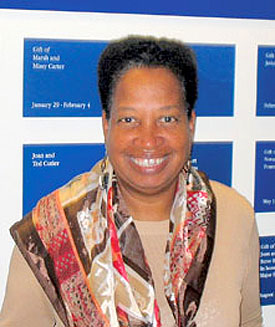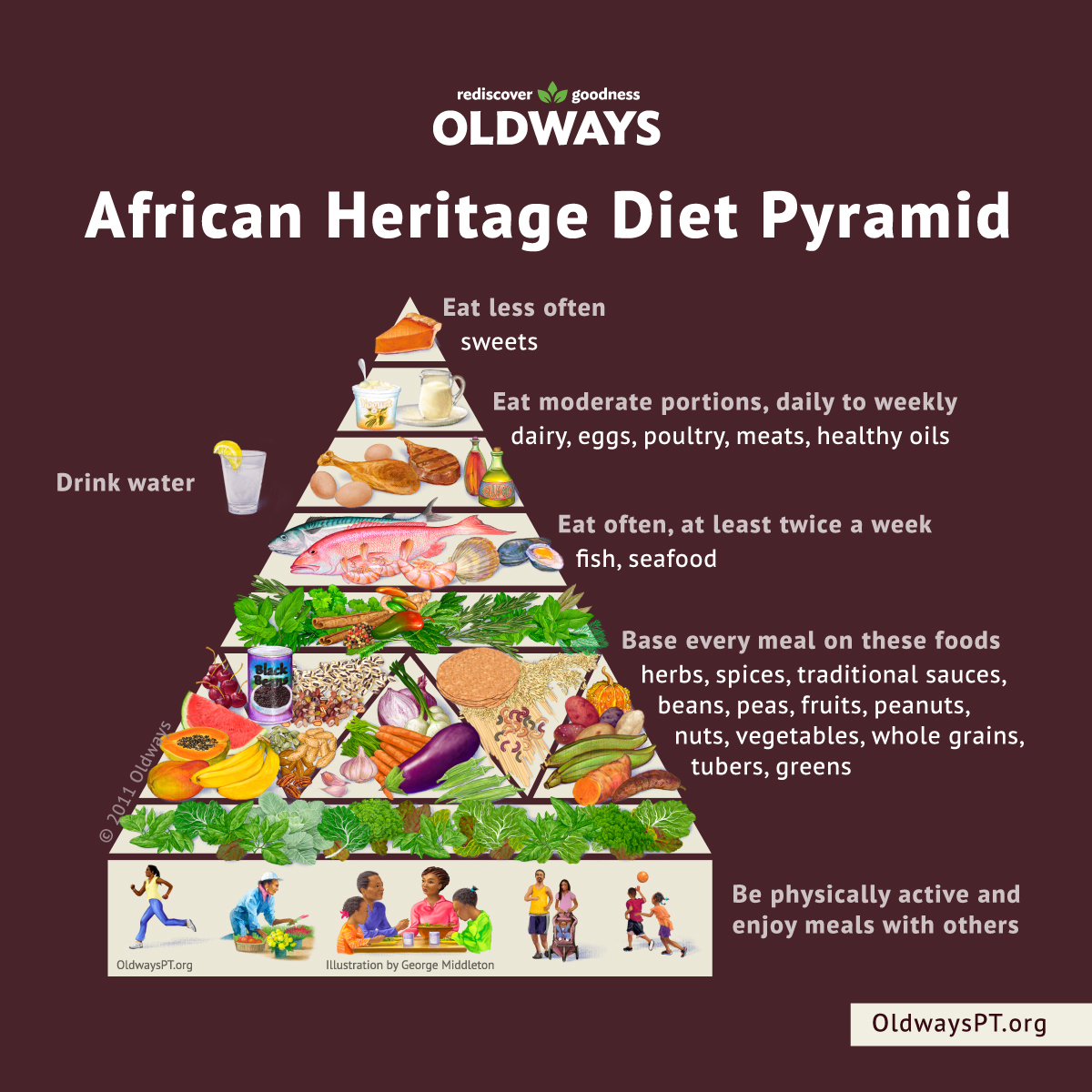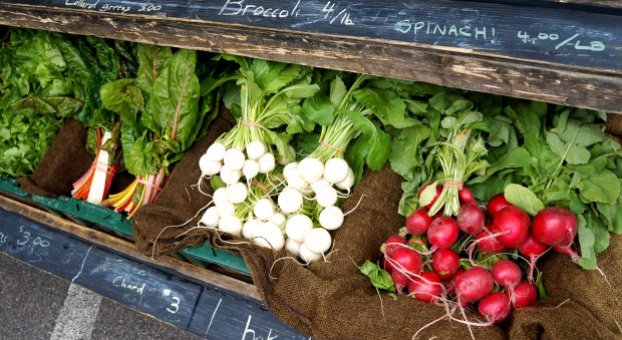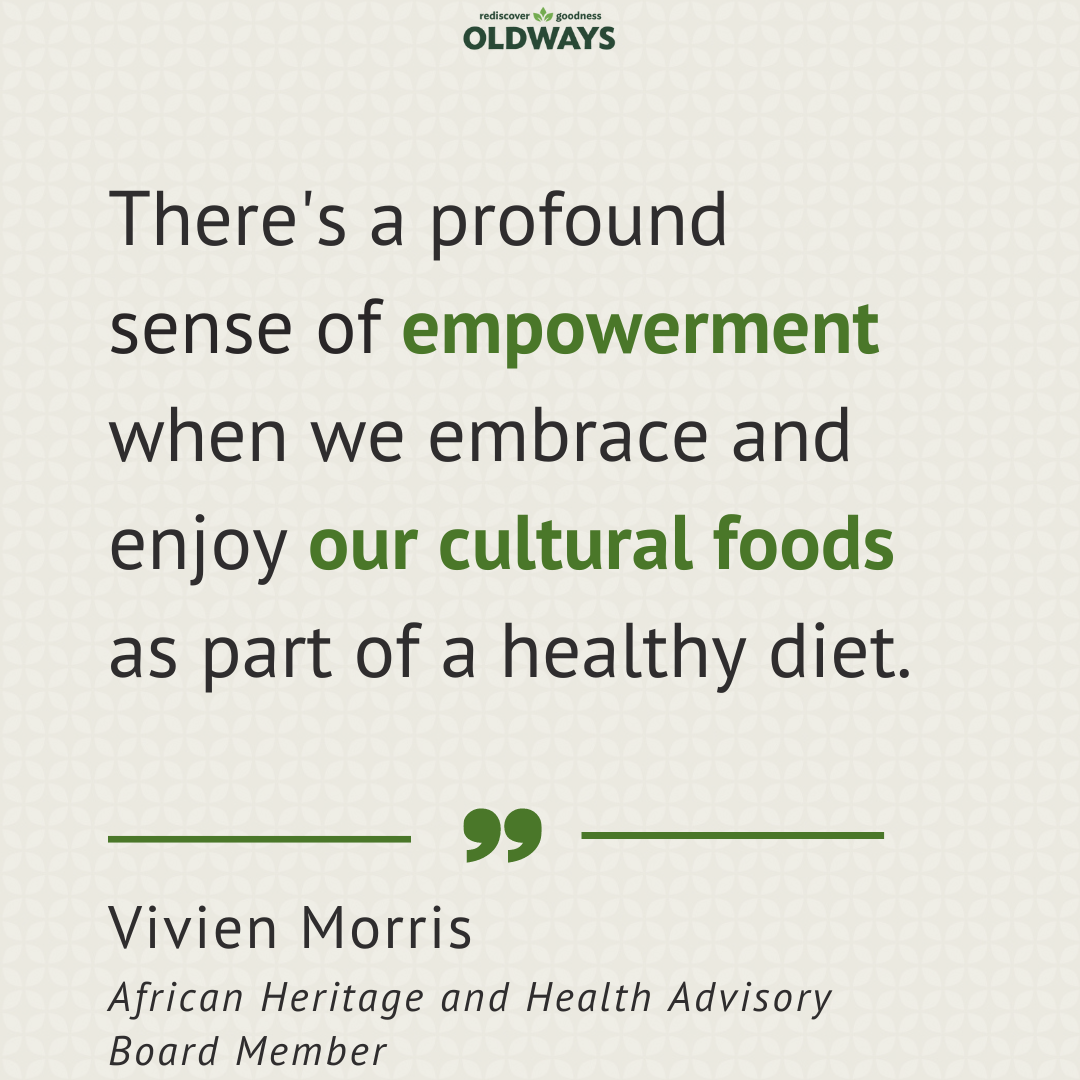Meet Vivien MS, RD, MPH, LND, and Honorary DPH, a passionate advocate for community health and wellness with an impressive background in nutrition and public health. With degrees from Harvard, Framingham State, and Boston University, Vivien is a registered dietitian committed to serving Boston’s communities. As founder of the Mattapan Food and Fitness Coalition and BOND of Color, she spearheads initiatives to improve access to healthy foods and promote physical activity. Vivien’s leadership extends to the Kennedy Community Garden and Edgewater Neighborhood Association, where she harnesses community passion to create vibrant neighborhoods. Join us as we explore Vivien’s inspiring journey and vision for a healthier future!
How has your background in nutrition and public health influenced your work within Boston’s communities?
Growing up in 1960s North Carolina, I was immersed in a tight-knit black community where caring for each other was the norm. This upbringing instilled in me a deep sense of responsibility to give back. As a pediatric dietitian, I saw firsthand the impact of healthy food on health outcomes. This led me to focus on addressing broader issues like social determinants of health. Even after moving to Massachusetts, I remained committed to serving my community, drawing on my background in nutrition and public health.
As the founder and chair of the Mattapan Food and Fitness Coalition, could you tell us about the organization’s mission and some of its notable achievements?
The Mattapan Food and Fitness Coalition, now in its 19th year, addresses pressing health issues in our community. With high rates of diabetes and obesity, we saw the need to improve access to healthy food and opportunities for physical activity. We launched initiatives like a farmers’ market, engaging local farmers to provide culturally relevant produce at affordable prices. Youth involvement has been key, with initiatives like the Matters Youth Farm Stand at the Community Health Center. Hiring an executive director marked a milestone, showcasing our growth and impact over the years.
What inspired you to establish the Boston Organization of Nutritionists and Dietitians of Color (BOND of Color), and how has it impacted the representation of African American and Afro-Caribbean nutrition professionals’
Entering the field of nutrition, I often found myself as the only person of color. Recognizing the need for representation and support, I co-founded the Bond of Color. Our goal was to encourage more diversity in the field and to share nutrition education tailored to our communities. Over the past 25 years, we’ve made strides, but the percentage of dietitians of color remains low. Despite the challenges, its been rewarding work, and we’re committed to continuing our efforts.
Could you discuss some of the key initiatives you’re currently leading as the chairperson of the Massachusetts Food System Collaborative to promote a sustainable and equitable food system statewide?
As the chairperson of the Massachusetts Food System Collaborative, our primary goal is to advocate for a comprehensive approach to ensuring equity in our state’s food system. We aim to ensure that all residents have access to healthy food while also addressing historical inequities faced by farmers of color. One of our significant campaigns focuses on reintroducing food literacy education in K-12 public schools, which was removed from the curriculum roughly 20 years ago. Additionally, we are actively advocating for increased funding for the Health Incentives Program (HIP), which provides resources for SNAP members to access healthy foods, particularly at farmers markets. I’m pleased to share that the state legislature recently approved additional funding for the HIP program for 2024. We’re also dedicated to supporting BIPOC farmers by advocating for resources and initiatives to enhance equity in farming in Massachusetts. Overall, our efforts are centered on creating a more equitable food system for all residents of the state.
Could you elaborate on the key topics discussed during your recent presentation at the Friedman School Speaker Series Seminar, as well as the audience’s reception?
Indeed, a central theme of my presentation focused on the importance of delving deeper into understanding the inequities within our food system. Specifically, I emphasized why it’s crucial not to label communities like Mattapan as food deserts but instead as food apartheid zones. Unlike deserts, where the absence of food is inherent, apartheid implies a systemic issue that can be changed. In Mattapan, for example, while there is food available, it tends to be of lower quality and less healthy compared to what is accessible in wealthier, predominantly white neighborhoods. The discussion also traced the historical roots of inequity in the United States, highlighting how past injustices continue to impact present-day disparities. It underscored the ongoing need for localized efforts spanning cities, states, and international borders to address these systemic challenges. In today’s interconnected world, where migration is driven by factors often rooted in systemic issues, we must recognize our collective responsibility toward all members of society, including newly arrived immigrants who become our neighbors.
Through our A Taste of African Heritage program, we’ve seen firsthand that heritage can be a motivator for health. Has this been your experience throughout your career in nutrition?
Heritage serves as a powerful motivator when it comes to food choices. The dishes that resonate with us most are often tied to our personal memories and cultural connections, typically rooted in our upbringing, childhood experiences, and family gatherings. When someone suggests adopting a specific diet, such as the Mediterranean diet, it may not evoke the same enthusiasm for individuals who grew up with different culinary traditions, like those from the South, the Caribbean, or Africa.
However, it’s essential to recognize that each cultural cuisine offers a wealth of healthy options. The challenge lies in the unequal representation of these cuisines in nutrition research and programming. While the benefits of the Mediterranean diet are widely promoted, similar attention should be given to the nutritious offerings of other cultural foods. By integrating diverse cultural perspectives into nutrition education and recommendations, we can ensure that individuals feel a genuine connection to the healthy eating habits suggested to them.
There’s a profound sense of empowerment when we embrace and enjoy our cultural foods as part of a healthy diet. For instance, I recently prepared a meal for myself consisting of okra, sweet potatoes, and other traditional dishes. As I savored each bite, I couldn’t help but feel a deep sense of satisfaction and connection to my heritage.










Leave a comment